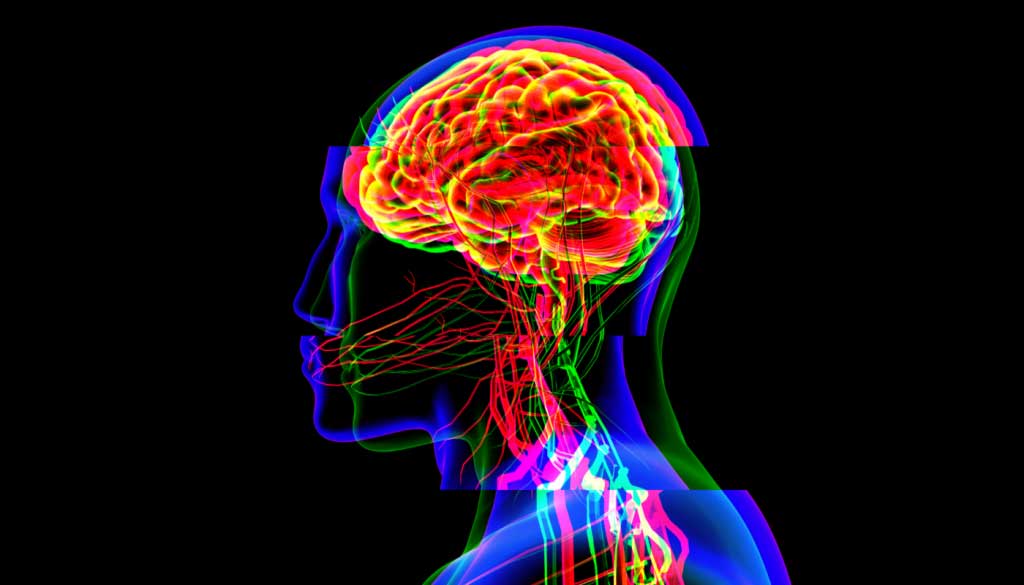Trauma, in its many forms, has the power to cast a profound shadow on our lives. Its effects often reach beyond the surface, seeping into the very core of our being, affecting our mental and emotional well-being. Among the various repercussions, trauma is closely linked to depression, creating a complex web of challenges that many individuals face. The therapists at Resilient Mind Psychotherapy are aware that addressing and healing traumatic experiences as well as depression is crucial, and that doing so is a process that calls for a thorough and multi-pronged approach.
The Effects of Trauma on the Human Body and Brain
Trauma can manifest itself in a multitude of ways, both physically and mentally. The impact of trauma on the human body and brain is a subject of great importance when dealing with the complex interplay between trauma and depression.
When a person experiences trauma, their body often enters a state of heightened alertness, triggering the “fight or flight” response. While this response is crucial in life-threatening situations, repeated or prolonged exposure to trauma can lead to chronic stress, ultimately affecting physical health. Trauma can contribute to conditions such as high blood pressure, cardiovascular issues, and a weakened immune system, all of which can exacerbate the symptoms of depression.
On a neurological level, trauma can alter the brain’s structure and function. It can lead to changes in the amygdala, the brain region responsible for processing emotions, and the prefrontal cortex, which governs impulse control and decision-making. These changes can result in heightened emotional reactivity, difficulty regulating emotions, and impaired cognitive functioning.
Child Development Is Affected by Trauma
Childhood trauma has a significant influence due to its occurrence at a critical phase of human development. The enduring impact of childhood trauma on an individual’s psychological well-being and overall mental health is a significant concern. A comprehensive comprehension of the impact of trauma on child development is important in order to effectively treat the underlying causes of depression during adulthood.
Children exposed to trauma may struggle with emotional regulation, forming healthy relationships, and processing their experiences. Trauma can hinder their ability to trust others and themselves. These difficulties can manifest in various ways, including symptoms of depression, anxiety, and post-traumatic stress disorder (PTSD) in adulthood.
Childhood trauma can also disrupt the development of essential coping skills, making it more challenging to adapt to stressors and life’s inevitable challenges. Addressing trauma experienced during childhood is a vital component of healing from depression and fostering resilience.
Art Therapy for Kids: A Therapeutic Approach
At Resilient Mind Psychotherapy, we are aware of the unique difficulties children confront when coping with trauma and depression. Art therapy for children is a valuable therapeutic modality that enables children to express themselves, process their experiences, and commence on a path to healing.
Art therapy provides children with a safe and non-verbal medium to communicate their emotions and thoughts. Young children, in particular, may not yet possess the verbal skills to express their feelings fully. Art therapy allows them to convey their experiences and emotions through creative means, including drawing, painting, and sculpting.
This form of therapy empowers children to explore and make sense of their traumatic experiences in a way that feels comfortable and natural to them. It provides a therapeutic space where they can regain a sense of control over their emotions and experiences, ultimately aiding in the healing process.
Contact a qualified art therapist in Brooklyn, New York.
A Holistic Approach to Healing
The process of addressing and recovering from trauma and depression is a multifaceted and intricate endeavor. Resilient Mind Psychotherapy adopts a comprehensive approach to this therapeutic process, acknowledging that it entails more than only addressing symptoms, but more comprehending and remedying the fundamental wounds.
Our approach includes both traditional therapeutic methods and innovative practices like art therapy. We believe that art therapy provides a powerful avenue for individuals, especially children, to express their experiences and emotions. By incorporating art therapy into our treatment plans, we help individuals uncover their resilience and unlock the healing potential within them.
In Conclusion
The co-occurrence of trauma and depression presents as a complex and interrelated phenomenon, impacting individuals in diverse and multifaceted manners. Gaining insight into the physiological and psychological consequences of trauma, particularly when encountered in early stages of development, is a vital component in the treatment of depression and the promotion of recovery.
Resilient Mind Psychotherapy offers a comprehensive and holistic approach to healing trauma and depression. Through therapies tailored to the individual, including art therapy for kids, we help individuals embark on a path to recovery and resilience. By acknowledging the intricate relationship between trauma and depression, we can create a therapeutic journey that fosters healing, self-discovery, and personal growth.
If you or your child is struggling with the effects of trauma and depression, consider reaching out to Resilient Mind Psychotherapy. Our compassionate and comprehensive approach to healing can be the path to a brighter, more resilient future.
Author: Resilient Mind Psychotherapy.
More information about healing trauma may be found on the Artem Zen website.



